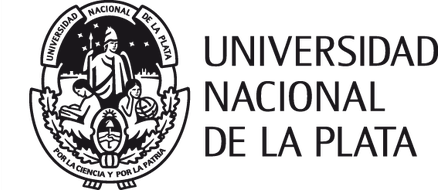
Universidad Nacional de La Plata (UNLP) is a free and public, cogoverned institution. It was founded in 1905, based on three basic pillars: teaching, research and outreach.
The UNLP has 17 Faculties, offers 111 undergraduate degrees and 170 postgraduate degrees. It also has 154 Laboratories, Centers and Institutes of Research and Development where 6,000 researchers and scientists work. It also has a Museum of Natural Sciences (and a network of 12 thematic museums), an Astronomical Observatory, a Planetarium, a Public Library (and a network of 21 libraries), a Publishing House, an AM-FM Radio, a Physical Education Institute with a Sports Field and four branches of the University Dining Hall, which provides some 7,000 lunches a day.
The UNLP is one of the most important centers of knowledge in Latin America. This guarantees the continuous updating of the teaching contents they offer and enables the formation of young scientists, technologists at competitive levels according to international standards. 45% of the work developed by researchers and scientists of the UNLP are published in the most influential magazines of the world, which positions the University at the top of scientific production in the country and Spanish America.
The Office of International University Relations (PRIU) is in charge of coordinating and managing faculty and students' mobility and participation in university exchange networks. The UNL through the Institutional Relations Office, develops a policy of growing links with universities and university associations from our country, our region and the world. This policy is also involved in the management of knowledge arising from the State, community institutions and productive sectors' demands. In this way, the University seeks to strengthen International Cooperation, with Universities as well as Technical Agencies from leading countries.